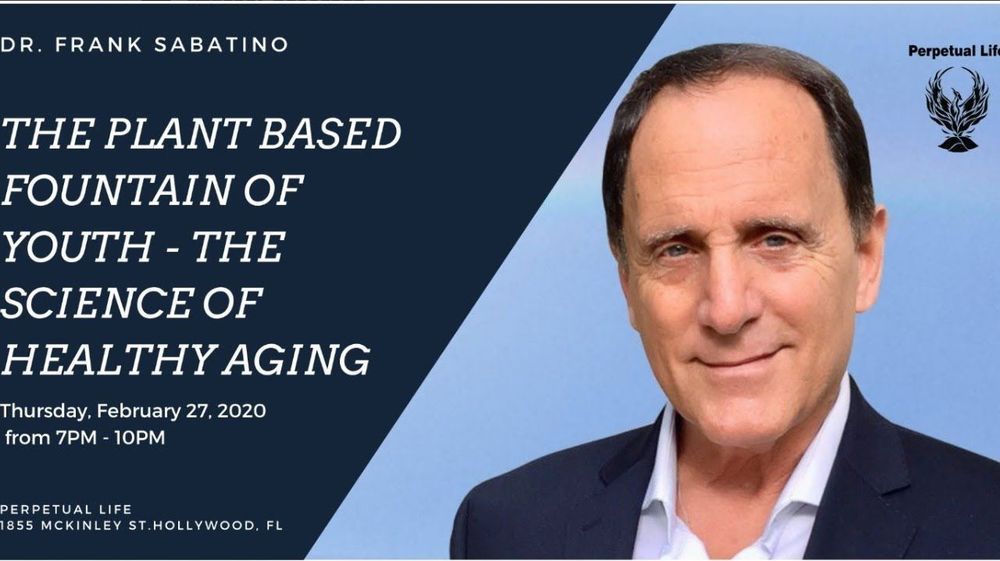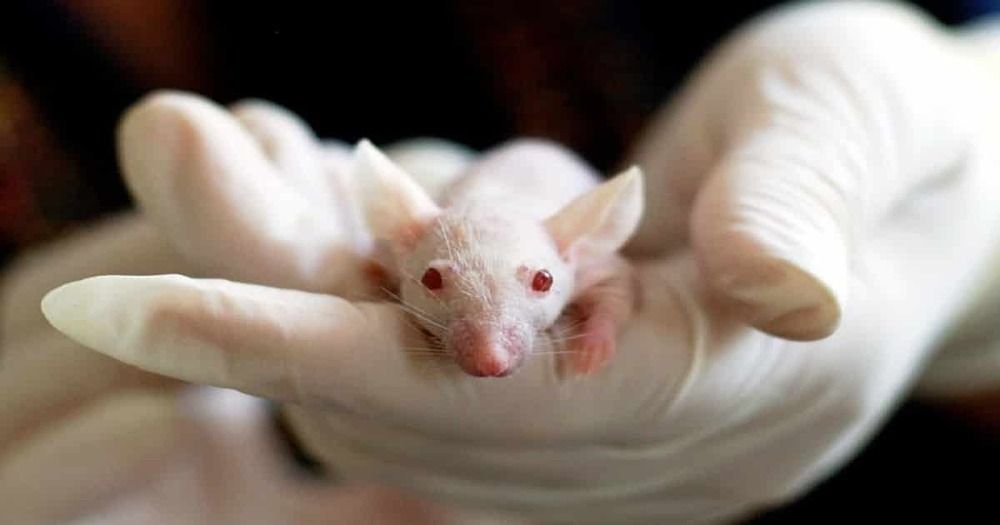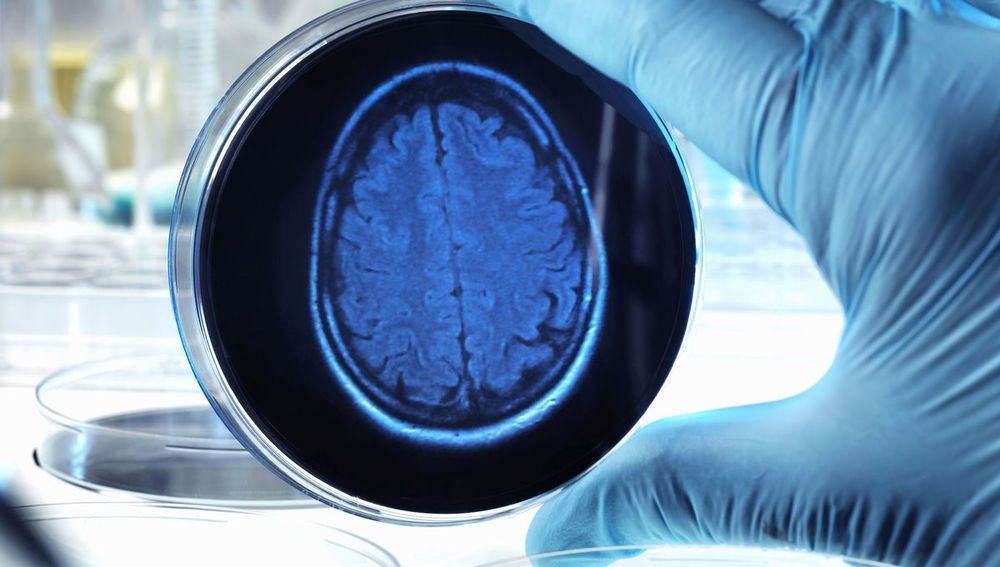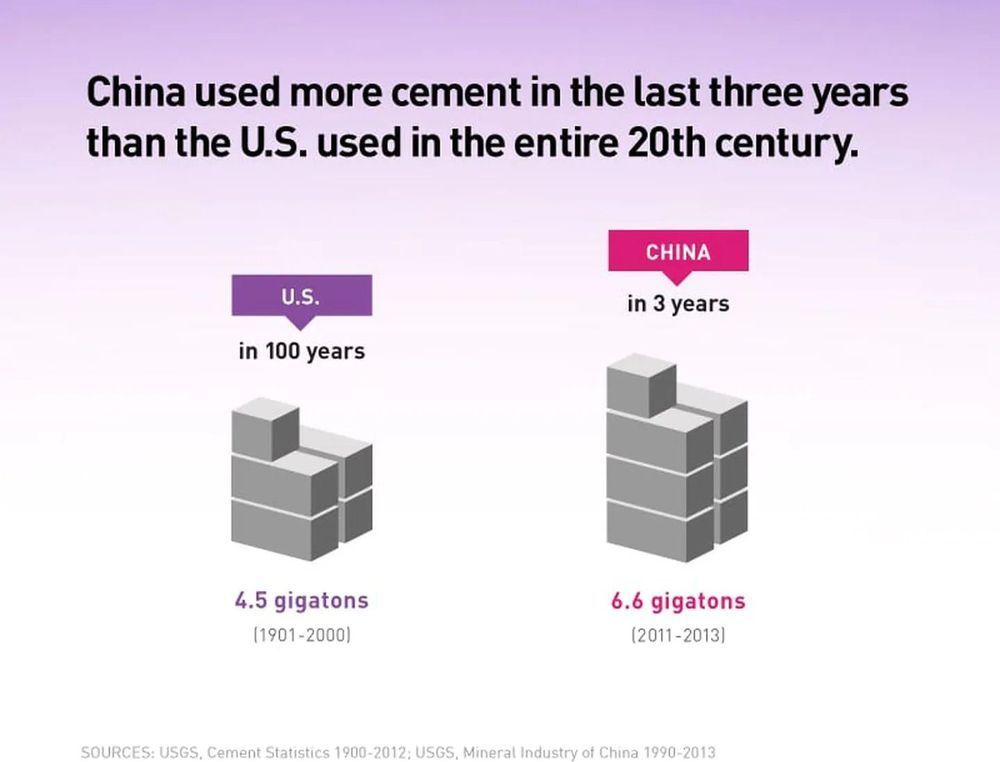Page 7817
Feb 29, 2020
At A Cellular Level, Every Single Human Depends On Positivity To Survive
Posted by Kelvin Dafiaghor in category: health
There is an indisputable link between having a positive outlook and health benefits. Positivity is more than skin deep, it’s in your very cells.
Feb 28, 2020
AI Is an Energy-Guzzler. We Need to Re-Think Its Design, and Soon
Posted by Kelvin Dafiaghor in categories: information science, robotics/AI
Of course, the computers and data centers that support AI’s complex algorithms are very much dependent on electricity. While that may seem pretty obvious, it may be surprising to learn that AI can be extremely power-hungry, especially when it comes to training the models that enable machines to recognize your face in a photo or for Alexa to understand a voice command.
The scale of the problem is difficult to measure, but there have been some attempts to put hard numbers on the environmental cost.
For instance, one paper published on the open-access repository arXiv claimed that the carbon emissions for training a basic natural language processing (NLP) model—algorithms that process and understand language-based data—are equal to the CO2 produced by the average American lifestyle over two years. A more robust model required the equivalent of about 17 years’ worth of emissions.
Feb 28, 2020
Gut bacteria may be responsible for bowel disorders including cancers
Posted by Paul Battista in category: biotech/medical
One kind of bacteria can cause colon tumours, while lacking another kind of microbe may lead to ulcerative colitis, an inflammatory bowel condition.
Feb 28, 2020
Artificial neurons now talking to real neurons with hope of creating a hybrid brain network
Posted by Paul Battista in categories: biotech/medical, internet, robotics/AI
In focal brain diseases, a patient’s neural network loses key connections, preventing the brain from functioning as it miraculously should. But what if there was a way to restore those connections? An EU funded study is seeking to do just that by getting real biological neurons to synaptically communicate with artificial ones.
Though still in the early stages of study, SYNCH, a team of scientists from the U.K., Switzerland, Germany, and Italy, have created what they describe as a “synaptically connected brain-silicon Neural Closed-loop Hybrid system.” Basically, they’ve taken actual brain cells and artificial brain cells, and got them talking back and forth over the internet.
Feb 28, 2020
Coronavirus Live Updates: Global Risk is ‘Very High,’ W.H.O. Says as Epidemic Spreads
Posted by Genevieve Klien in categories: biotech/medical, health
Read updates in Chinese: 新冠病毒疫情最新消息汇总
Fears take hold that a global pandemic is inevitable.
From eastern Asia, Europe, the Middle East, the Americas and Africa, a steady stream of new cases on Friday fueled the sense that the new coronavirus epidemic may be turning into a global pandemic, with some health officials saying it may be inevitable.
Feb 28, 2020
How China used more cement in 3 years than the U.S. did in the entire 20th Century
Posted by Brent Ellman in category: futurism
Feb 28, 2020
Dr. Frank Sabatino presents “The Plant Based Fountain of Youth, the Science of Healthy Aging”
Posted by Paul Battista in categories: education, life extension, science

Dr. Frank Sabatino is currently the Health Director of the Balance for Life Health Retreat, a lifestyle education center specializing in plant based nutrition, health rejuvenation, stress management, therapeutic fasting and detoxification.
“Our task is to make nature, the blind force of nature, into an instrument of universal resuscitation and to become a union of immortal beings.“
- Nikolai F. Fedorov
Feb 28, 2020
Dog tests positive for coronavirus and quarantined in Hong Kong but experts say don’t panic as canines can’t carry bug
Posted by Tracy R. Atkins in category: biotech/medical
THE PET dog of a coronavirus patient in Hong Kong has tested positive for the deadly disease.
The owner of the dog, Yvonne Chow Hau Yee, who lives with her beloved Pomeranian, tested her pet pooch after being diagnosed with COVID-19.
The dog has been quarantined by officials, suggesting they have concerns that the pet could pass on the disease.
Feb 28, 2020
Should we edit our DNA? An imagined future of gene editing – video
Posted by Jaysen West in categories: bioengineering, biotech/medical, ethics
There are decisions being made right now that could have an effect on global populations for generations to come. As part of this project, we commissioned an artist to investigate some of the themes raised in the podcasts. This work of fiction imagines a future where gene editing has become mainstream and discusses the moral, ethical and political divides that this might create.

















